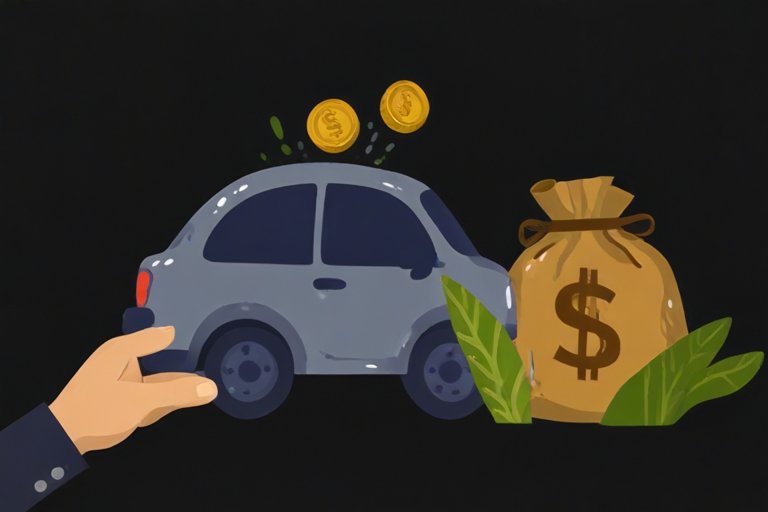In today’s fast-paced world, many people overlook a significant factor that can drain their wealth without them even realizing it. This article delves into the hidden costs associated with car ownership, revealing how understanding these expenses can lead to substantial savings and smarter financial decisions.
Key takeaways
Transportation costs are often the largest expense for households.
Depreciation is a major factor in car ownership costs.
Buying used cars can save money on depreciation.
Regularly reviewing insurance rates can lead to savings.
Living closer to work can reduce overall transportation costs.
Understanding transportation costs
Most households share common categories of expenses, including housing, transportation, taxes, utilities, and food. Among these, transportation often emerges as the largest wealth killer. Many people feel pressured to own nice cars as a status symbol, leading them to spend beyond their means.
In 2023, used car prices have surged, with many financing new cars at unprecedented monthly payments. For instance, in the last quarter of 2022, 15.7% of new car buyers committed to payments exceeding $1,000 per month. This trend highlights the financial strain that car ownership can impose.

The true cost of car ownership
To illustrate the financial burden of car ownership, let’s consider a case study of a 2018 Honda Civic. Over five years, the total cost of ownership amounts to approximately $43,993, or about $8,800 per year. This figure represents a significant portion of the average American salary, making it challenging to build wealth.
Breakdown of costs
Depreciation: The largest expense, as cars lose value over time. Most cars depreciate by 10-15% as soon as they leave the dealership.
Taxes and fees: Annual registration and taxes can add up, especially for families with multiple vehicles.
Financing: Interest rates on car loans can be high, particularly for those with less-than-perfect credit.
Fuel: Monthly fuel costs can easily exceed $200, depending on driving habits.
Insurance: The average insurance cost for a Honda Civic is about $6,949 over five years, or $115 per month.
Repairs and maintenance: Regular maintenance can be costly, but learning basic car care can save money.
Strategies to save on transportation costs

-
To mitigate the financial impact of car ownership, consider the following strategies:
-
Buy used: Aim for cars that are 3-5 years old to avoid steep depreciation.
- Review insurance annually: Call your insurance provider each year to negotiate better rates or shop around for competitive quotes.
- Reduce the number of cars: If possible, limit the number of vehicles in your household to save on registration and insurance costs.
- Consider living closer to work: This can reduce fuel costs and wear and tear on your vehicle.
The opportunity cost of car ownership
Owning a car not only incurs direct costs but also represents an opportunity cost. For example, if you save $10,768 (the average annual cost of car ownership) and invest it instead, you could see significant returns over time. Investing in stocks or other assets can yield much higher returns than the depreciation of a vehicle.
Conclusion
Car ownership can be a significant financial burden, often overlooked in personal finance discussions. By understanding the true costs associated with owning a vehicle and implementing strategies to reduce these expenses, individuals can save thousands of dollars each year. Remember, the key to building wealth lies in making informed financial decisions and recognizing the hidden costs that can derail your financial goals.
